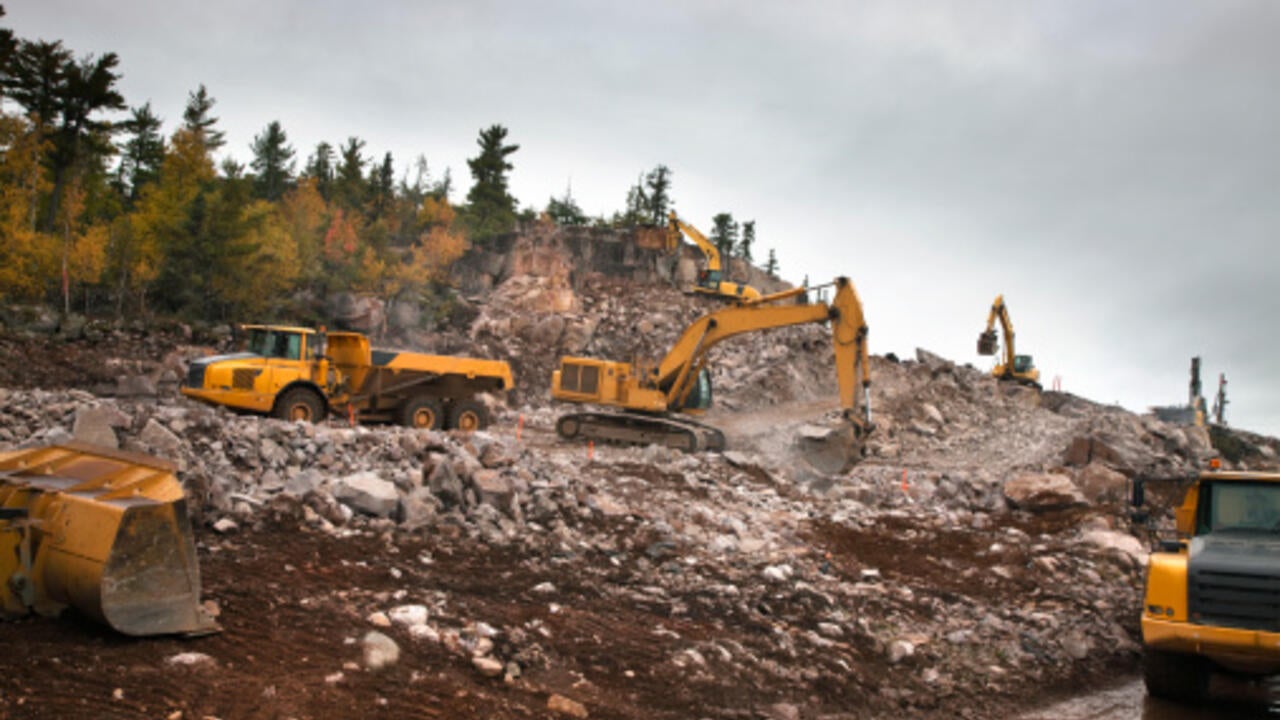
Public participation in environmental planning suffered during COVID-19 crisis in Ontario
Use of Minister’s Zoning Orders soared in first 10 months of COVID-19 state of emergency

Use of Minister’s Zoning Orders soared in first 10 months of COVID-19 state of emergency
By Media RelationsPublic participation in environmental decisions in Ontario declined significantly during the COVID-19 pandemic, raising concerns the system failed to protect a core value at a time of crisis.
A statistical analysis by researchers at the University of Waterloo showed direct intervention in land use decisions by the provincial government using a tool called Minister’s Zoning Orders (MZOs) soared in the first 10 months after a state of emergency was declared in March 2020.
At the same time, public comments on changes to laws, regulations and policies impacting the environment significantly declined via an online portal created by the province to facilitate broad input on decisions.
“Public participation clearly suffered during this period,” said Nayyer Mirnasl, a research assistant for the Conflict Analysis Group at Waterloo. “Based on our statistical analysis, although consultation periods were longer during the COVID-19 pandemic, the number of comments each proposal received was significantly lower than before the pandemic.”
A key finding was the increased frequency with which the Ontario government used MZOs, which take land use decisions out of the hands of local municipalities, avoid requirements such as public meetings and are typically used only in special circumstances.
“There was a dramatic rise in the use of MZOs during the period we examined,” said Simone Philpot, a postdoctoral research fellow in systems design engineering. “The government essentially used a tool that bypasses public participation at a significantly higher rate than usual.”
The researchers didn’t analyze the motives or purposes of the MZOs issued during the study period to determine whether they were beneficial or detrimental to long-term environmental policy.
But they concluded the combination of more direct intervention by the provincial government and less public input into land use decisions should raise red flags about the ability of the policy-making system to withstand stresses during crises.
“The idea that our government system and its core value of public participation has not been maintained during a crisis is something we need to pay attention to,” said Philpot. “The institutions that are supposed to protect public participation have not done that.
“What’s really important is that this isn’t our last crisis. I’m looking ahead and wondering what will happen when we have climate catastrophe or other social and ecological issues. We need to be able to trust our institutions to keep our democratic values strong whether we’re in a crisis or not – in fact, particularly when we’re in a crisis.”
A paper on the study, Assessing policy robustness under the COVID-19 crisis: an empirical study of the environmental policymaking system in Ontario, Canada, appears in the Journal of Environmental Policy and Planning.
The research was supervised by Keith Hipel, a systems design engineering professor and an officer of the Order of Canada. Former graduate student Aidin Akbari also contributed.

Hand holding small pieces of cut colourful plastic bottles, which Waterloo researchers are now able to convert into high-value products using sunlight. (RecycleMan/Getty Images)
Read more
Sunlight-powered process converts plastic waste into a valuable chemical without added emissions

University of Waterloo researchers Olga Ibragimova (left) and Dr. Chrystopher Nehaniv found that symmetry is the key to composing great melodies. (Amanda Brown/University of Waterloo)
Read more
University of Waterloo researchers uncover the hidden mathematical equations in musical melodies

Read more
Robots the size of a soccer ball create new visual art by trailing light that represents the “emotional essence” of music
The University of Waterloo acknowledges that much of our work takes place on the traditional territory of the Neutral, Anishinaabeg, and Haudenosaunee peoples. Our main campus is situated on the Haldimand Tract, the land granted to the Six Nations that includes six miles on each side of the Grand River. Our active work toward reconciliation takes place across our campuses through research, learning, teaching, and community building, and is co-ordinated within the Office of Indigenous Relations.